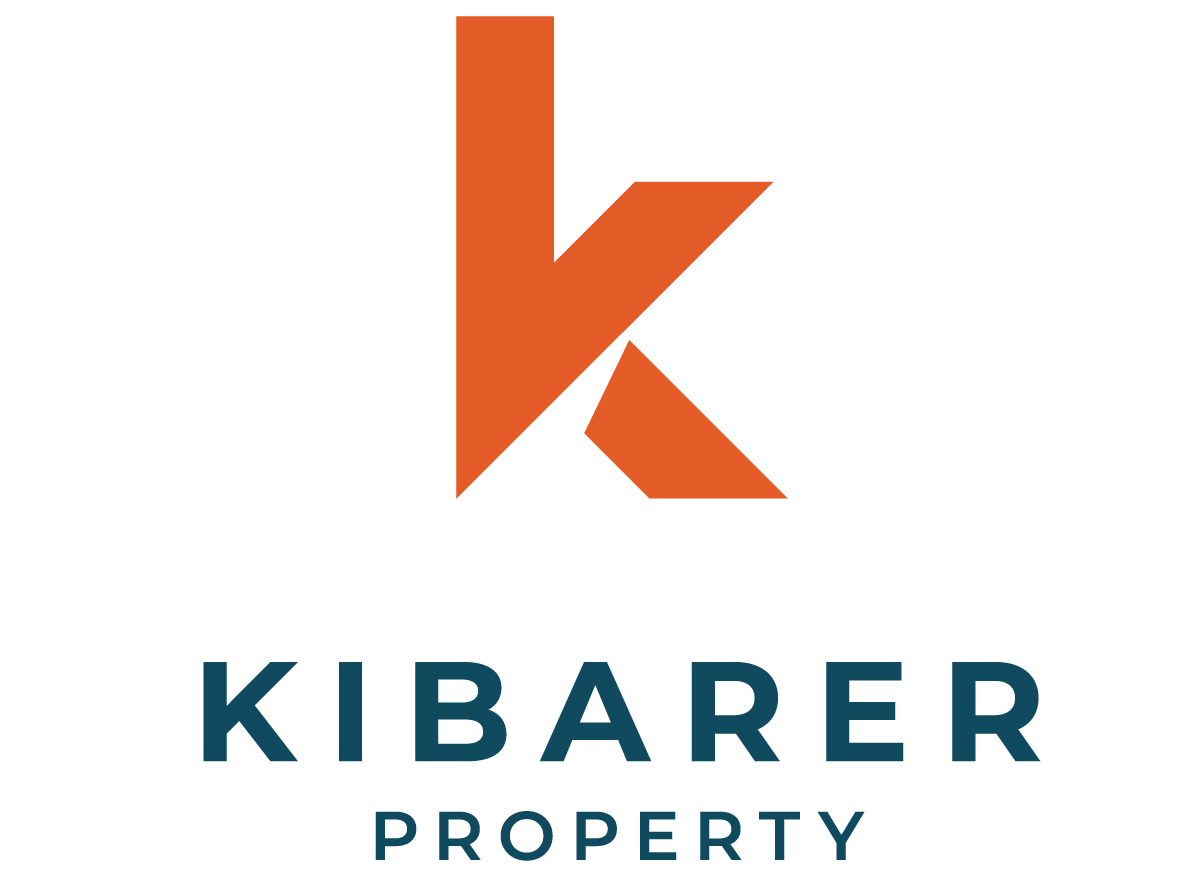Renting out a property as a foreigner
Yes, once can create a return on investment with properties in Bali. A common model, is that the property or project is managed by a local management company, that does rent the property out, like a hotel or villa management. While this can be an attractive and lucrative way to create cashflow a lot of things need to be taken into consideration – legally and also fiscally
One can for example create a local company that then acts as the business entity PT PMA that rents the units out, and be a shareholder in this company.
Establishing a PT PMA, a foreign-owned Indonesian legal organization, is a secure option to acquire property in Bali. In this method, you can get Hak Guna Bangunan, or the Right to Build, as well as Hak Pakai, or the Right to Use, in order to invest in real estate or purchase land in Bali. Although a foreigner’s property may not be freehold, the Right to Build and Right to Use titles provide legal clearance.
More in Investor KITAs and PT PMA
Be advised: Foreigners are not eligible for mortgages and are not able to receive financial support, as you will be paying cash upfront. And if the business generates income, the question is, how will you be paid, and what taxes will apply here in Indonesia and also in your home country if you are a tax resident outside of Indonesia.
There are many “unreliable agents” in the real estate business, also in Bali. So one needs to make sure to work with reliable agents and developers who can guide you properly and not just have their interest in a quick commission and promising you return on investments that are simply too good to be true.
Because, many problems appear only a few years down the road. When income is generated, or local administration checks if all licenses are in place, or when maintenance and renovations investments are needed.
Crucial to understand beforehand if you LEASE a property long-term, what happens when the lease runs out after 30 years for example. What are the conditions and options to extend the lease etc.







































